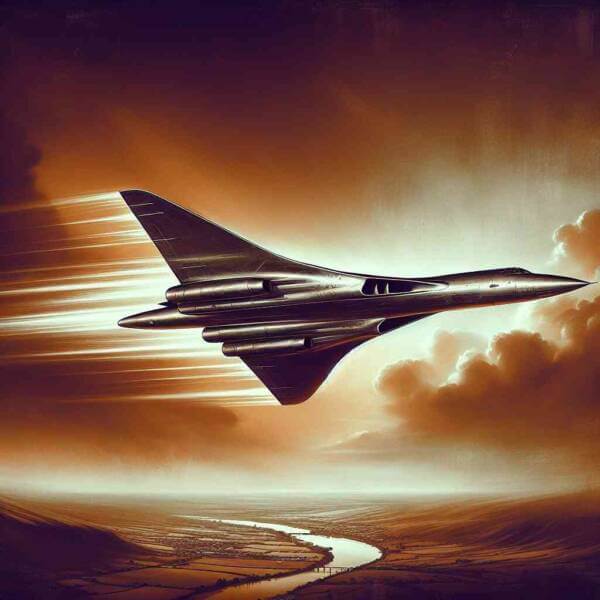
Military aviation is an essential part of modern defense strategies around the world.
Nations invest heavily in military aviation to maintain superiority.
How Military Aviation Began
Military aviation started during the early 1900s, with aircraft initially used for observation.
Important events in the evolution of military aviation:
- First use of armed aircraft in combat
- Massive growth in air power
- Rapid development of jet technology
- Modern drone warfare
Each era brought new technologies that redefined military capabilities.
Main Categories of Military Aviation
Understanding the types of military aircraft helps in appreciating the complexity of modern air forces.
Major aircraft classifications:
- Planes built for speed and agility
- Planes that deliver heavy payloads
- Logistical support aircraft
- Eyes in the sky for modern armies
Each type plays a key part in military operations, from striking enemy targets.
Why Control of the Skies Matters
Controlling the skies gives forces the advantage.
Benefits of air superiority include:
- Reducing enemy effectiveness
- Cutting off enemy resources
- Surveillance and reconnaissance missions
- Boosting morale
Nations with strong military aviation capabilities can control conflicts.
The Next Generation of Military Aircraft
Constant research and development push boundaries for future warfare.
Future technologies in military aviation:
- Stealth technology
- Ultra-fast strike capabilities
- Unmanned aircraft operating independently
- New forms of aerial weaponry
These advancements enhance lethality for air forces worldwide.
Risks and Limitations
From high costs to geopolitical tensions, the road to air dominance is filled with hurdles.
Key challenges include:
- Expensive research and operations
- Short life cycles for cutting-edge aircraft
- Protecting systems from hacking and sabotage
- New debates about AI in warfare
Addressing these challenges is essential for maintaining air power.
Where Military Aviation is Heading
The future of military aviation promises an era of transformation.
Future trends may include:
- Smarter decision-making systems
- Defending assets beyond Earth
- Eco-friendly military aircraft
- Enhanced multinational cooperation
The next era of military aviation will revolutionize how wars are fought.
Final Thoughts on Military Aviation
Its history, present achievements, and future possibilities demonstrate strategic importance.
As technology continues to evolve, the skies will remain a critical visit arena where military aviation protects nations.
The future of military aviation is limitless — and it’s only just beginning.